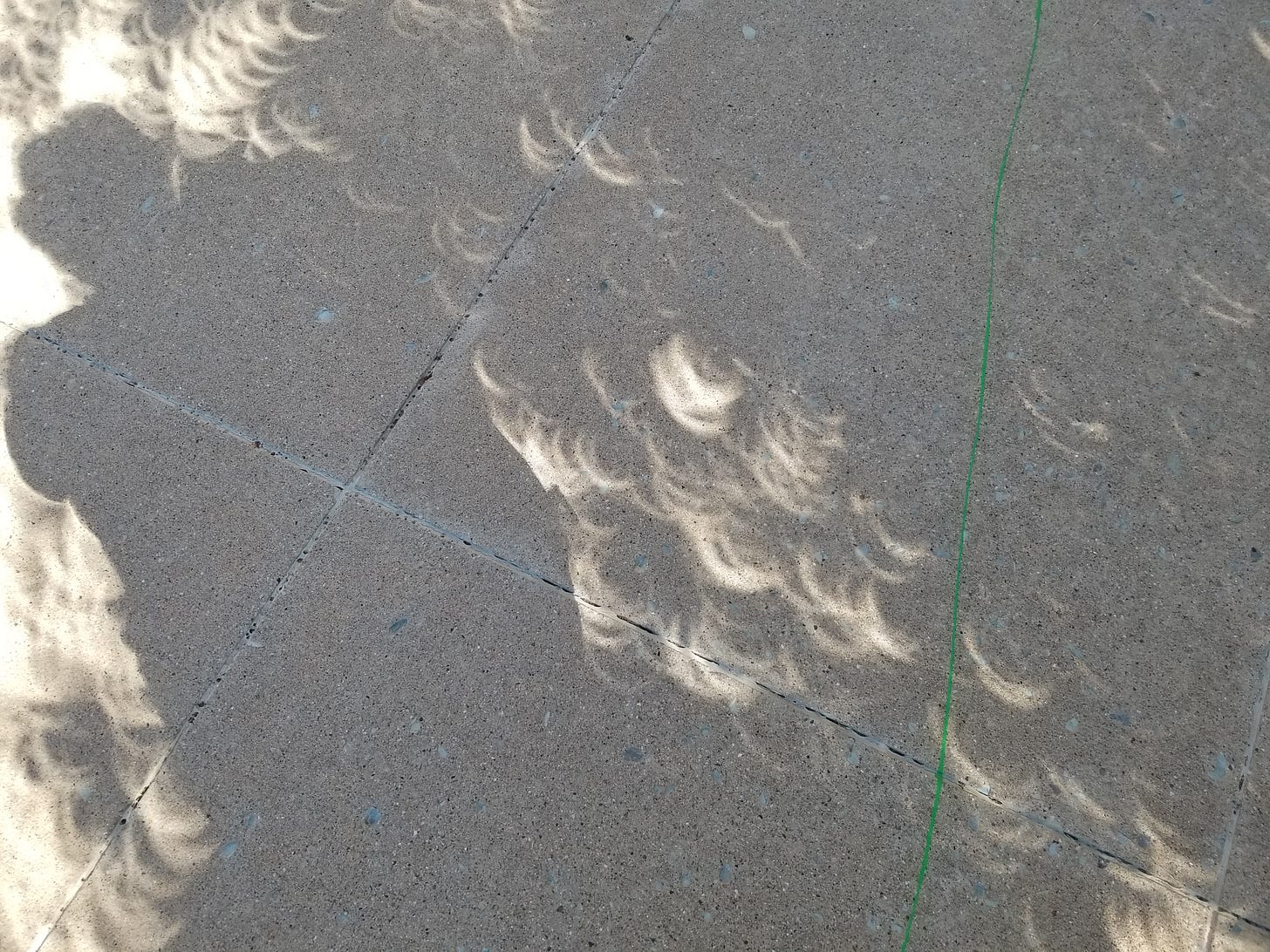Thank you for joining me on this journey. I write about grief to make sense of radical loss, find some morsel of meaning in the now—and help others suffering in the darkest of chasms feel less alone. I am still writing my narrative arc because I am still living it. Yet, with every word and every epiphany, I discover—there are no limits to our stories. That is why I am here.
“The opposite of love is not hate. It’s indifference.”
These profound words from Elie Wiesel, novelist, political activist and Holocaust survivor, resonate now more than ever—inside our hearts and across our world.
And within the context of my small grief journey, this truth is crushing, as well. The essence of Mikhail I thought I saw and loved dissolved into the same brume that had manifested him with such restless vigor. Indeed, the emotional and spiritual crevasses were as vast as the physical now.
It’s another one of those fraught Faustian agreements my traumatized nervous system tends to attract. But here’s the deal: I had to learn that saving someone else was not going to save me. There’s the rub, or not, in this case. We were just an illusion. That’s the true lesson, the real growth.
The relationship is over, but the grief is not.
Yet, I am finally learning to value and love myself. I do not have to figure out how to make a relationship work all by myself. And no matter how much I love him, no matter how empathetic I am, I cannot allow myself to eclipse the boundaries I have set for my own well-being. I will not be the receptacle of his unresolved pain—particularly when he is not interested in growing together.
“I don’t think I can talk to you without getting triggered,” Mikhail wrote in his last email. “I think it's for the best that we don't continue this painful struggle to figure out how to make the relationship work.”
And just like that . . . it was over, as decisively as it had begun.
Yes, it was a year of loving dangerously—on the fulcrum between pain and euphoria. The truth is we skipped “go” altogether and went straight to “committed”—or should have been—with our premature cohabitation “situationship” doing us no favors.
We were bouncing along the precipice of love’s jagged edge without a safety net. Our preparation for coupledom consisted of a truckload of long-distance anticipation and too much texting with no connection to reality—so like another Chekhovian association—The Three Sisters. For the Prozorovs in this classic play, Moscow represents everything they want and everything they can't have in their little town. They opine that if they can just get to Moscow, all will be solved. It’s all about the longing. And yet, in Act III, Irina laments:
“We were going to move to Moscow and there I would meet my true love, I dreamed of him, I loved him . . . But all that’s turned out to be nonsense, all nonsense . . .”
Likewise, Mikhail and I could not live in our version of Moscow, but still, for me, there was a profound beauty in the trying. This bitterest of sweet attachment also taught me I could feel joy again in the moments sparkling through the clouds of chaos. I fell hard, but it was just a “Fig Newton of my imagination,” as Elliot used to say. Flailing around in the thick, murky quicksand of grief, I was an easy mark—summarily spirited away by Mikhail’s darkly impetuous, adolescent zeal. How my heart still breaks for him.
We were like two drowning people holding on to each other to get just one glorious gasp of air.
It was almost as if our souls recognized each other but our hearts were strangers. At a distance, he was enthralled and besotted, but I think his passion was more about the “getting here” than the “being here,” as much as he professed to want the latter. Sadly, he was endlessly primed for fight or flight—with the anxious ambivalence of a reluctant lothario.
Therefore, I grieve in a whole new, ragged way. Metamournphosis is the word I have coined to describe a dimension of grief that lacks an adequate term—the process of living into a new reality of finding myself in loss. But it’s a rough road. Much like the mysteries surrounding Elliot’s untimely, seemingly accidental death, this loss mystifies as much as it maims.
With Mikhail, his waves of wry wit and courtly love seeped into my psyche like a warm Epsom salt bath—probably more deeply and intimately than he could ever emotionally tolerate. He was my sunshine and my moonlight, but he was also my most destructive tsunami.
Time is so deceiving. I fell for him all over again before he even walked in the door.
So I will wrap with a final nod to The Wire. The enigmatic Omar Little says in Season 1, Episode 13, “All in the game, yo . . . all in the game.” And, Omar, we are all merely players.
I still have work to do—more east to go, as another old flame once assessed.
I cannot help but lament the universe’s timing on this particular dose of grief, but all I can do is bless and release Mikhail as I mindfully open my heart to seize life in bold, new, healthier ways. I am sustained by the appreciation of this brief glimpse of grace—and the possibilities in every new breath.





Beautifully written. I appreciated how open you were about your loss and loved the use of metamournphosis. So much of what you shared resonates and I simply wanted to acknowledge you in this moment.